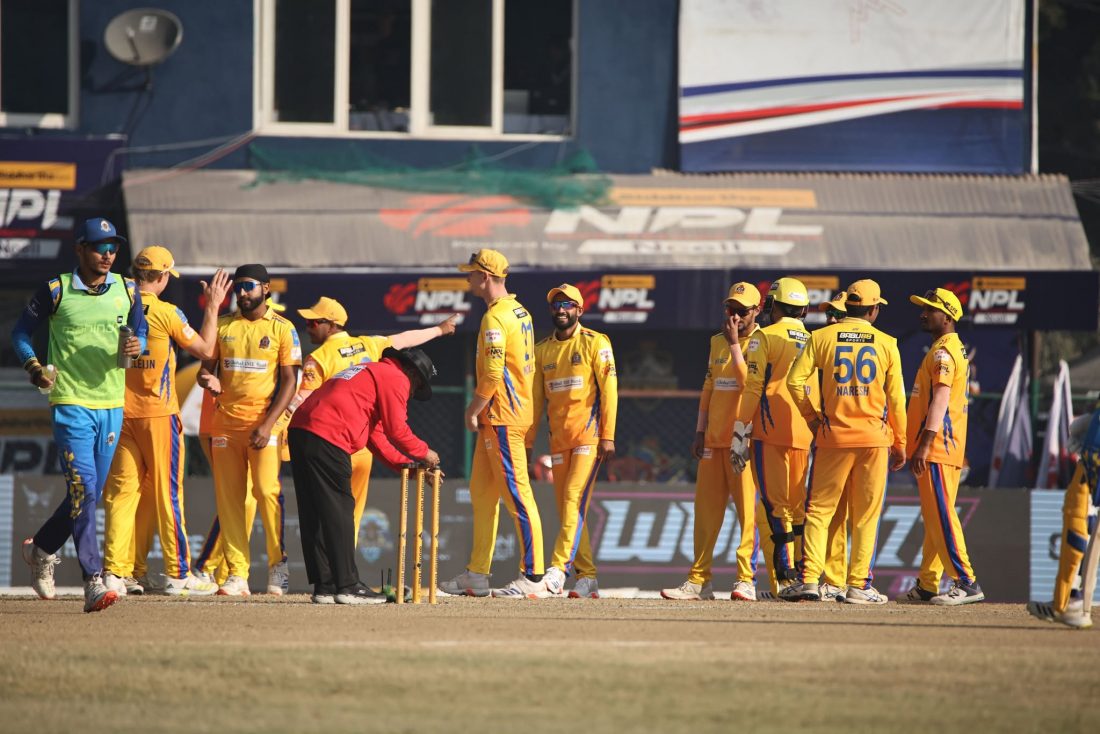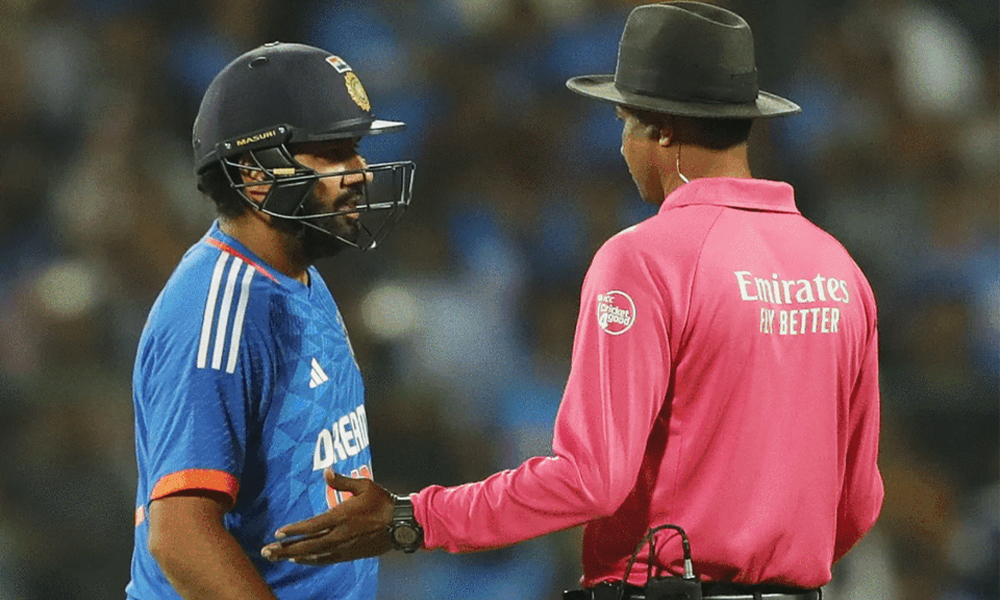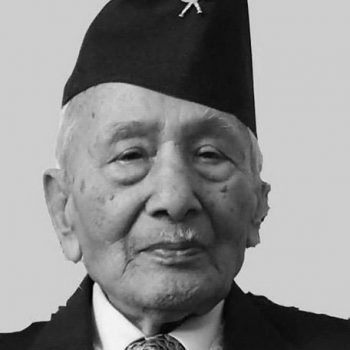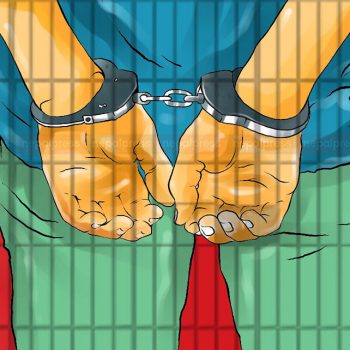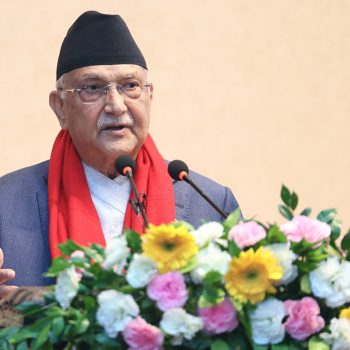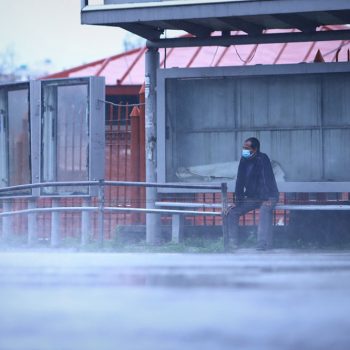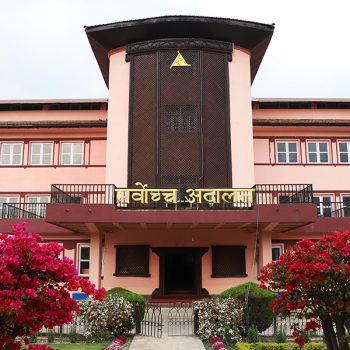UK, Canada join diplomatic boycott of Beijing Winter Games
 NepalPress
NepalPress
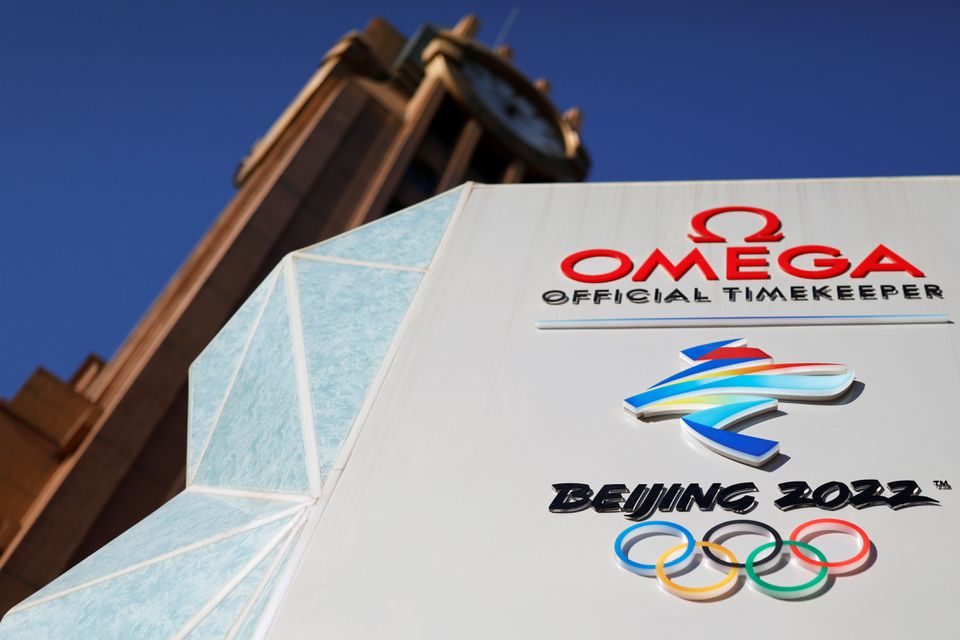
Canada joined Australia, Britain and the United States in a diplomatic boycott of the Winter Olympics in Beijing on Wednesday, with China calling the boycotts “political posturing” and a smear campaign, Reuters reported.
The United States was the first to announce the boycott this week, saying on Monday its government officials would not attend February’s Beijing Olympics because of China’s human rights “atrocities”, weeks after talks aimed at easing tense relations between the world’s two largest economies.
China on Tuesday said the United States would “pay a price” for its decision and warned of countermeasures but gave no details. The International Olympic Committee (IOC) sought to play down the growing diplomatic boycott.
Canadian Prime Minister Justin Trudeau said Beijing would be aware of long-standing Western concerns about human rights in China. “(So) it shouldn’t be a surprise that we decided not to send diplomatic representation.”
Trudeau’s decision seems sure to add tension to a relationship already strained over the detention of Huawei Technologies Co Ltd Chief Financial Officer Meng Wanzhou on a U.S. warrant.
A spokesperson for the Chinese Embassy in Canada accused Trudeau of making false claims.
“Based on ideological biases as well as lies and rumors, Canada and a handful of western countries have been flagrantly engaged in political maneuvering, with the attempt to disrupt the smooth progress of Beijing Olympic and Paralympic Winter Games. Their clumsy performance can hardly find any support and is doomed to fail,” the spokesperson said in a written statement.
IOC President Thomas Bach said the Committee had always been concerned with the participation of the athletes in the Olympic Games.
So “we welcome the support for their Olympic teams all these governments have been emphasising,” he told a video news conference. “This is giving the athletes certainty and this is what the IOC is about.”
The chairman of the athletes’ committee of Beijing 2022 said the Games were a stage for athletes, not a runway for politics, according to the Xinhua news agency.
“The politicisation of sport and the use of the Olympic Games as a vehicle for political purposes by individual politicians would undoubtedly breach (the) Olympic Charter,” said Yang Yang, China’s first Winter Olympics gold medalist.
Asked earlier in parliament if his country would follow Washington’s lead, British Prime Minister Boris Johnson said: “There will be effectively a diplomatic boycott of the Winter Olympics in Beijing, no ministers are expected to attend and no officials.”
“I do not think that sporting boycotts are sensible and that remains the policy of the government,” he added, indicating British athletes will still compete.
“Making an issue out of the presence of government officials at the Beijing Winter Olympics is in essence a political smearing campaign,” a spokesman for the Chinese embassy in London said.
Earlier, Prime Minister Scott Morrison said Australia’s decision came because of its struggles to reopen diplomatic channels with China to discuss alleged human rights abuses in the far western region of Xinjiang and Beijing’s moves against Australian imports.
China has denied any wrongdoing in Xinjiang and said allegations are fabricated.
Foreign ministry spokesman Wang Wenbin said Australian politicians were engaged in “political posturing”.
“Whether they come or not, nobody cares,” he added.
The Australian Olympic Committee said the boycott would have no impact on athletes’ preparations for the Games, which run from Feb. 4 to 20, adding that “diplomatic options” were a matter for governments.
For the Canadian Olympic Committee (COC), a diplomatic boycott recognised the distinction between government and athlete participation while providing a platform to shine a light on China issues.
“The Canadian Olympic Committee and Canadian Paralympic Committee remain concerned about the issues in China but understand the Games will create an important platform to draw attention to them,” said the COC in a statement.
Other U.S. allies have been slow to commit to joining the boycott, though Japan is considering not sending cabinet members to the Games, the Sankei Shimbun daily said on Wednesday, citing unidentified government sources.
“Countries’ decisions to boycott the Olympics, that’s their decision that they have to make for themselves,” said White House spokesperson Karine Jean-Pierre. “It’s up to them (other countries) to decide how they’re going to move forward, and if they’re going to boycott or not.”
President Joe Biden’s administration cited what the United States calls genocide against minority Muslims in China’s Xinjiang region. China denies all rights abuses.
The United States is set to host the 2028 Summer Olympics in Los Angeles and is preparing to bid for the 2030 Winter Olympics in Salt Lake City.




